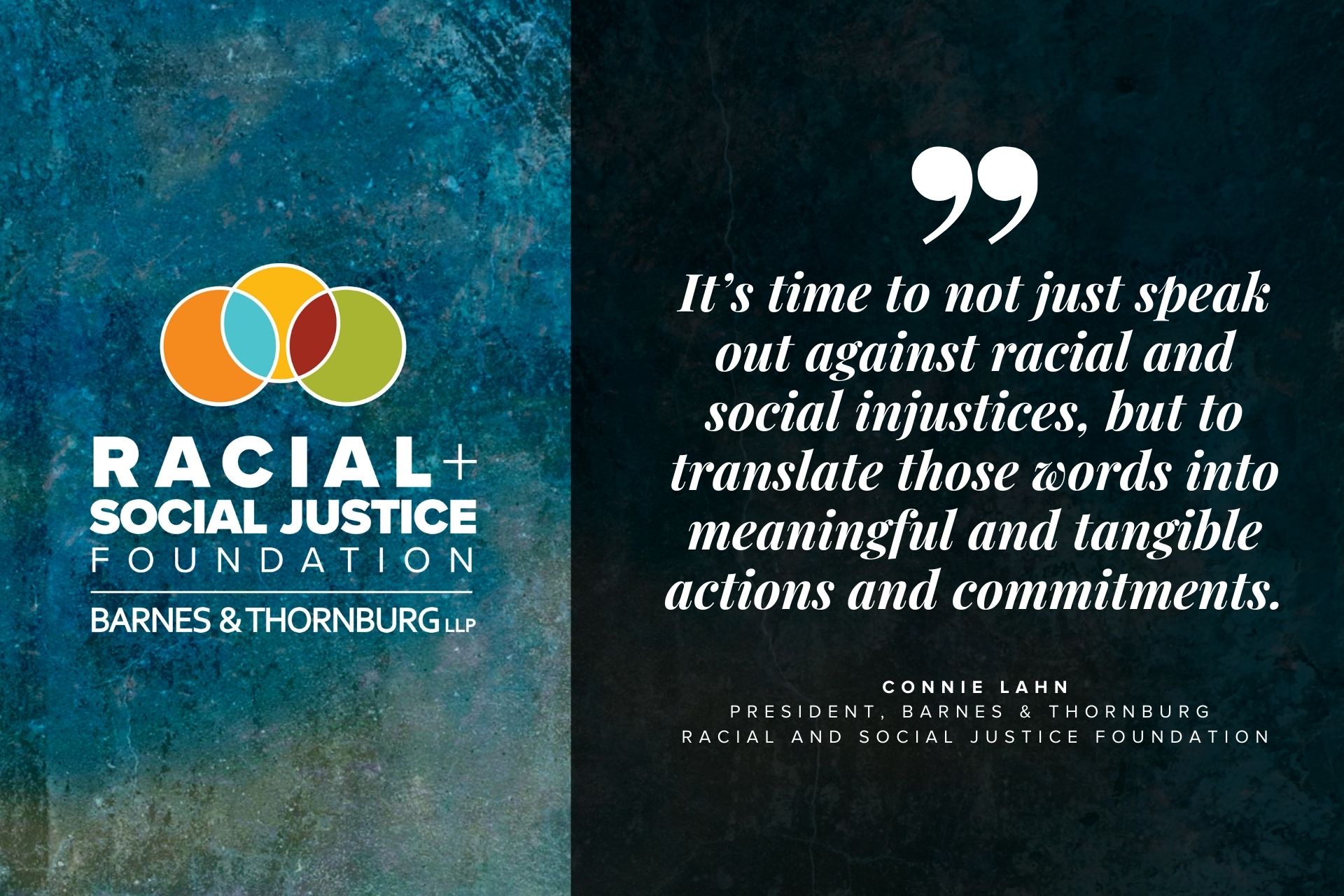概述
HHS-OIG declined to impose administrative sanctions on a drug manufacturer for providing a drug at no charge, for a limited time, to patients experiencing delays in their insurance approval process
The agency determined the arrangement posed little risk of overutilization or undue influence on prescribing patterns because healthcare providers would be unaware when prescribing that a patient may receive the drug at no charge
This seems to be part of a trend of leniency by the agency when there is no risk of overutilization or undue influence
The Office of Inspector General of the U.S. Department of Health and Human Services (HHS-OIG) issued Advisory Opinion No. 23-02 on Feb. 28 regarding sanctions against a manufacturer for its program that provides a particular specialty drug for free, for a limited time, to patients who experience a delay in their insurance approval process for the manufacturer's drug.
Despite the potential implications under the federal Anti-Kickback Statute (AKS) and the beneficiary inducement civil monetary penalty rules, HHS-OIG determined the unique facts concerning the manufacturer's arrangement, including the strict parameters for participation in the arrangement, caused it to be sufficiently low risk and not to warrant administrative sanctions.
Under the arrangement, the manufacturer provides a free 14-day supply of the drug to patients who:
- Are diagnosed with the rare inherited genetic disorder
- Received a prescription for the drug but have not previously been treated with the drug
- Are insured, regardless of the source of insurance (commercial payor or a federal health care program)
- Have experienced at least a 48-hour delay in a coverage determination for the drug once the patient's insurer has received all required information
The HHS-OIG advisory opinion appears to be a trend, as the agency may be becoming more lenient on pharmaceutical companies assisting patients with free drugs, transportation, lodging, and meals when there is little risk of overutilization and when the assistance will not influence patients or prescribers to choose the drug over alternative therapies.
If the patient is still awaiting a coverage determination or has received a denial and is pursuing appeal rights, the patient is eligible for one additional 14-day supply of the drug.
Given the use, storage, and handling requirements associated with the drug, the manufacturer only uses one specialty pharmacy to manage all the prescriptions. The specialty pharmacy has safeguards to ensure the drug may not be sold, traded, or distributed for sale, nor be billed to a thirty-party payor for separate reimbursement or payment. Further, the specialty pharmacy notifies the patient's health plan that the free drug is provided outside of plan benefits and that no claim should be filed with a payor by a patient or a provider for the free drug.
Five Factors Guided HHS-OIG’s Decision
HHS-OIG focused on several factors to determine whether the arrangement was sufficiently low-risk and did not warrant administrative sanctions.
- First, HHS-OIG believed the arrangement would not likely lead to overutilization of the drug because of its limited use to treat the condition and the manufacturer's strict criteria to participate in the arrangement.
- HHS-OIG felt the arrangement was distinguishable from problematic “seeding” programs (where manufacturers offer a drug for free to induce patients to use that drug so the patient will obtain subsequent supplies billed to a federal health care program) because the arrangement is only available in the event of a delay in the insurance coverage determination process. HHS-OIG thought that was unlikely to influence patients or prescribers to choose the drug over alternative therapies (in this case, the only alternative treatment is a bone marrow transplant).
- Prescribers receive no financial benefit under the arrangement because the drug is shipped directly to the patient, which prohibits the ability to bill for the drug.
- Notably, the arrangement entails no cost to federal healthcare programs because no one can bill for the free drug.
- The free drug does not require patients to continue obtaining the drug or any service from the specialty pharmacy. And, because the drug can only be sourced through the specialty pharmacy, HHS-OIG determined the arrangement did not induce patients to purchase other federally reimbursable products from the specialty pharmacy.
Key Takeaways
The arrangement's narrowly defined parameters were critical to HHS-OIG's conclusion, which limits participation in the arrangement and federal healthcare program costs. That, in conjunction with the noble effort to treat a vulnerable patient population where time is of the essence for treatment, likely resulted in the OIG's determination that the arrangement does not warrant administrative sanctions.
For more information, please contact the Barnes & Thornburg attorney with whom you work or Jason Schultz at 574-237-1210 or jason.schultz@btlaw.com, Laura Seng at 574-237-1129 or laura.seng@btlaw.com or Brient Hicks at 317-229-3085 or brient.hicks@btlaw.com.
© 2023 Barnes & Thornburg LLP. All Rights Reserved. This page, and all information on it, is proprietary and the property of Barnes & Thornburg LLP. It may not be reproduced, in any form, without the express written consent of Barnes & Thornburg LLP.
This Barnes & Thornburg LLP publication should not be construed as legal advice or legal opinion on any specific facts or circumstances. The contents are intended for general informational purposes only, and you are urged to consult your own lawyer on any specific legal questions you may have concerning your situation.








